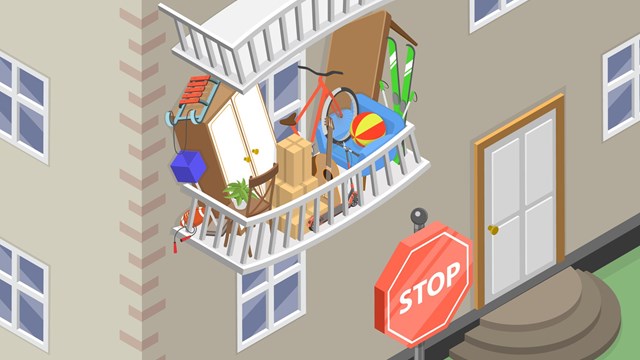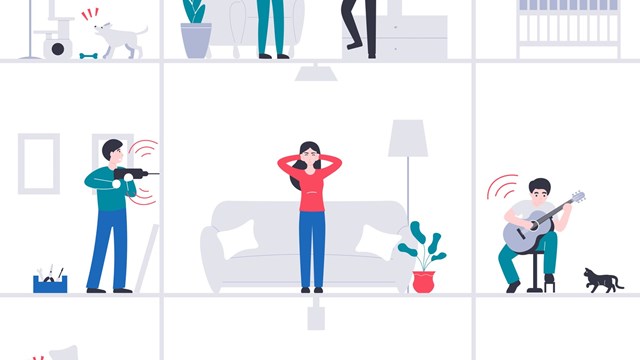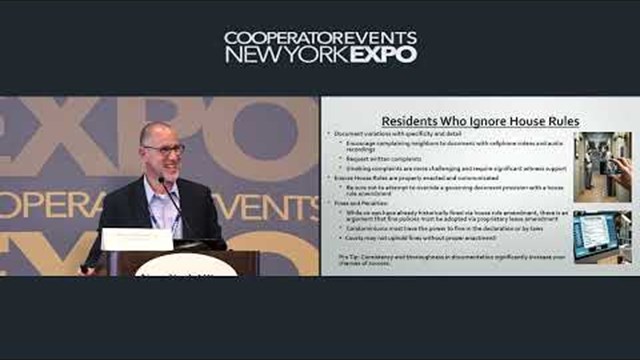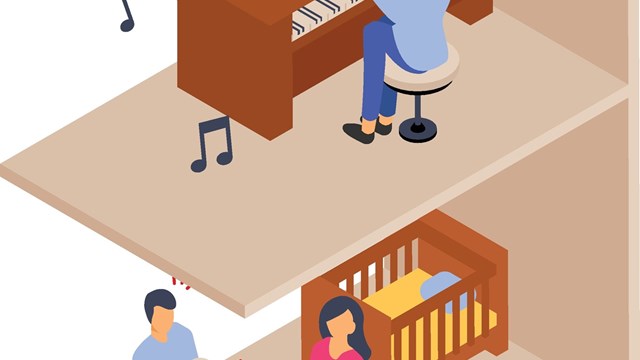
Q. The 40-year-old, chain smoking, son of a shareholder lives with his parents and is not allowed to smoke in his apartment or in our co-op. Instead, he loiters directly below my apartment windows, and only below my window, and smokes almost continuously, except for regular 30 to 60 minute intervals when he goes inside or leaves the building. Thus, from early in the morning to late at night, my home is almost constantly filled with the smoke from his cigarettes! He does this knowing how upsetting it is, since my father recently died horribly because of cigarette smoke.
Though he could easily walk up or down the block, away from my windows, he vehemently refuses to do so. Whenever I have asked him to do so, he manifests a big grin, making it clear he enjoys deliberately bullying me. The co-op says it is powerless, despite an article from a publication saying a board can legally prevent harassment, bullying, and inappropriate behavior by shareholders in, around, and nearby the homes of the others who live in the building. The police refuse to stop the loitering (which is illegal).
What can I do to assert my right to quiet enjoyment of my home without noxious and harmful toxins that directly, and avoidably, result from the behavior of another shareholder? What legal rights do I have to stop this bullying? And what are the co-op’s legal responsibilities to cure this abusive conduct by one of its shareholders?
—At My Wit’s End
A. “In response to your inquiry, a few things,” says attorney Richard Klein of the New York City firm Romer Debbas, LLP. “First, as a practical matter, I would recommend that the writer try to reach out to the smoker’s parents and discuss with them what is going on with their son and the constant smoking outside the window. The parents might not be aware of the problem and hopefully can talk some sense with their son and get him to move to another outdoor spot to smoke that is not directly under the writer’s window.
“The writer indicates that the son ‘is not allowed to smoke in his apartment or in our co-op.’ I would be curious to see why that is and to what language the writer is referring. Most co-op proprietary leases have language that a shareholder is prohibited from allowing offensive odors to emanate from the apartment into other apartments or the building. If that is the governing language in this situation, it might not cover smoking on the sidewalk outside the building since that is not an odor emanating from an apartment.
“Many co-ops, with the assistance of counsel, have updated the language in the proprietary lease to specifically prohibit smoking in an individual unit and in all of the common areas of the building. Some even go so far as to prohibit smoking outdoors in any area around the building, such as the sidewalk adjacent to the building and/or in front of the entrance way. Clearly, such language in this situation would force the board to take action against the offending smoker since he would be in violation of the lease provision. [Subsequent to receipt of attorney response, a smoking policy disclosure law went into effect that obligates boards of co-ops and condos to distribute a written smoking policy to all shareholders. Mr. Klein advises the writer to review that policy, of which he or she should now be in receipt, to see if the son’s actions are in breach of it.–Ed.]
“Without such language in the lease, then I would recommend to the writer that he put his complaints in writing and demand that the board take steps to stop this nuisance. I would also have him talk to his neighbors to see if anybody else is being bothered by the cigarette smoke since there is always strength in numbers. If the board refuses to act, then I would recommend suing the offending shareholder for nuisance and the board for breaching the shareholder’s right to quiet enjoyment of his apartment.
“The writer also mentions that in addition to the nuisance of the smoke, that he feels threatened by the son. If such actions are clearly threatening and happen repeatedly, then the writer should be calling the police to establish a written record of this behavior, so that the board can act upon the alleged threat.”









Comments
Leave a Comment